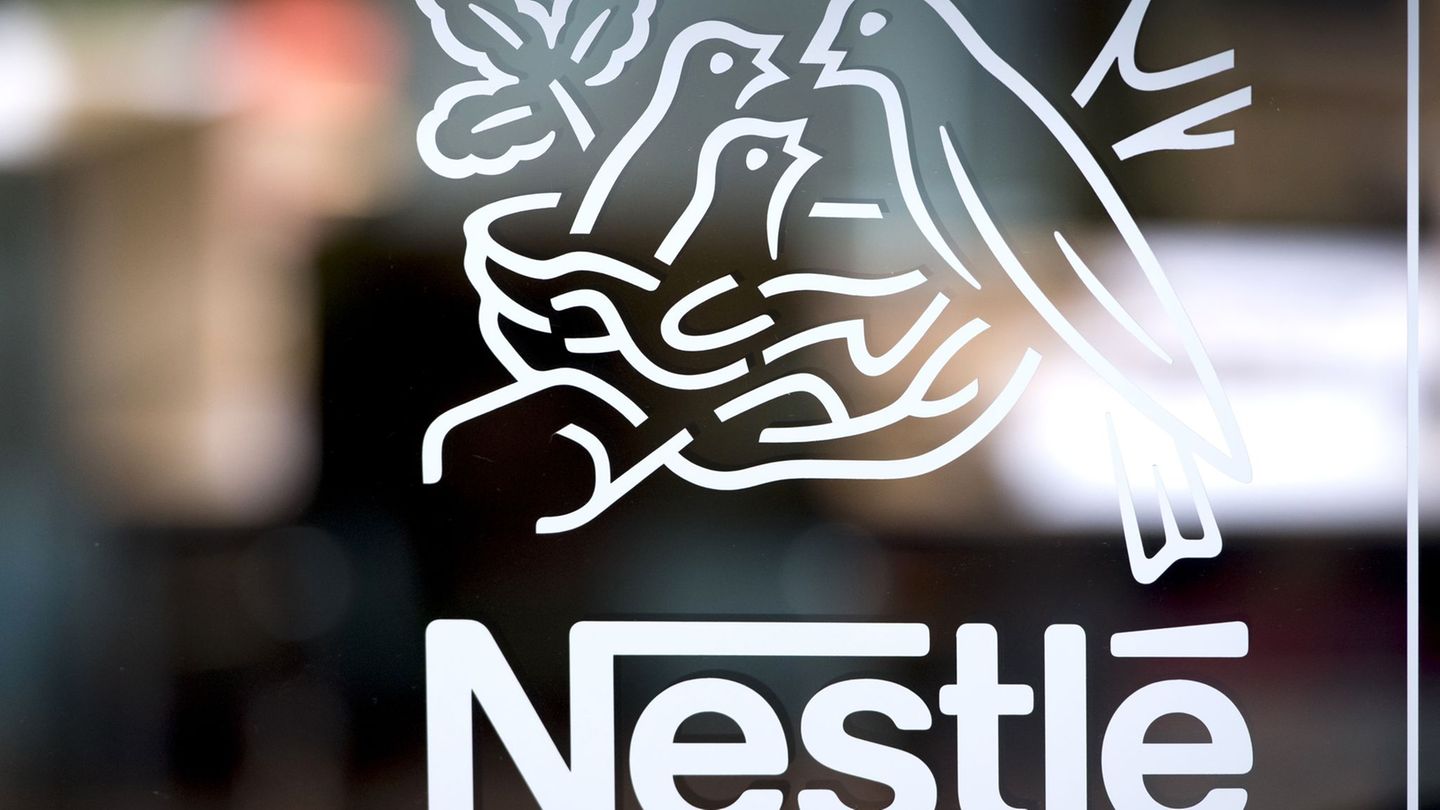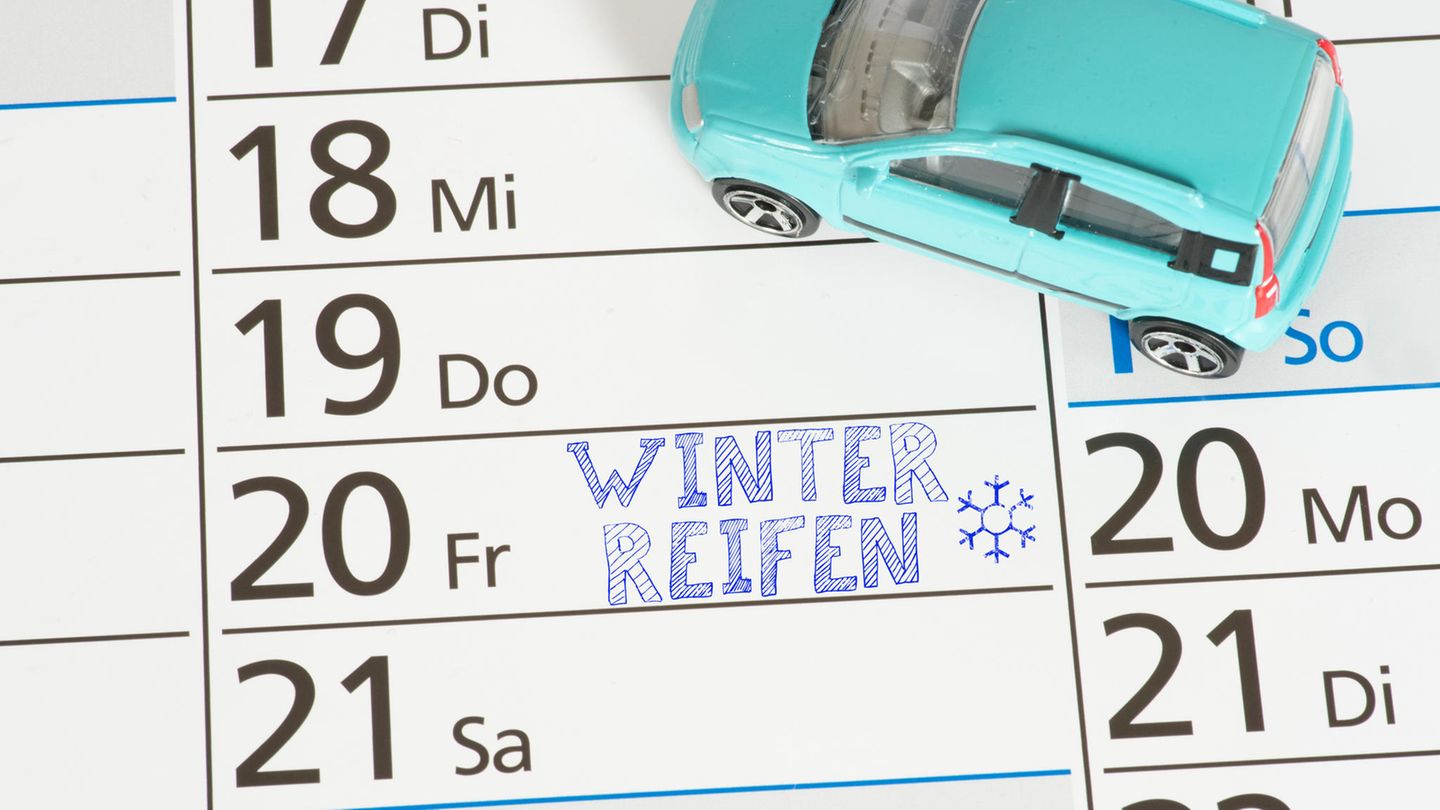The update requested by the representative chambers of the sector (AAETA-CEAP-CTPBA-CETUBA-CEUTUPBA) is for the recognition of a $1500 ticket. The amount is made up of a real cost of approximately $800 per trip and the equal update requested by the UTA – a 22% increase in December, 27% in January and 33% in February – which would take the salary of a bus driver from $530,000 to $1,100,000 in March.
The last update of the bus fare was applied last Monday and placed the minimum ticket at 76.92. “What was transferred to the rate is a much smaller amount than expected, so this will necessarily require more subsidies,” they explain from the cameras.
From the Transportation area of the Province of Buenos Aires they assure that the hearing to discuss the cost structure was going to be held yesterday, but they understand that two reasons stopped it: the first is the strike on January 24. There is no desire in that context to raise the base rate to $270, the value stipulated by the business union. The second is economic: they explain in the Province that the Minister of Economy, Luis Caputo, would choose to validate a greater increase in the fare, close to $400, pursuing its objective of reducing transportation subsidies. “They are looking for an average ticket with the values of the Interior and to transfer the real cost of the same in stages,” they explain in Nación. When asked by this media, there was no response from the Economy Department.
Administrative disorganization
For now, both the Province and the relevant chambers are certain that the Ministry of Transportation will recognize the operating costs as of January 1, although without considering retroactivity. “That is, fuel at $900, dollars from $360 to $840 and the resulting parity. But there were no major movements in this regard,” they warn from PBA. It is that, according to the district governed by Axel Kicillof, Communication with the Government is cut off. In National Transportation they recognize it and explain “there is still a lot of disorder and lack of administration”, even second officials involved in the administrative process without an authorized signature.
In the midst of the communication short circuit, another component appears that strains the negotiation: the National Government will not participate in the joint discussion and this has been confirmed by the parties – chambers and Province -. “This will be between unions and businessmen, the absence of the Ministry of Labor is unprecedented,” they highlight from AAETA..
The proposal is that they can agree on the cost structure, contemplating parity, and then the National Government approves it and applies the injection of subsidies that it considers appropriate. The business chambers will give you the opportunity to approve the new bus ticket based on this scheme, under the promise that Transportation will accept the new values as long as they maintain a faithful correlation with the inflationary pattern. “We are going to negotiate something that will be subject to the approval of a third party, it generates a lot of uncertainty, but we will try it once. If the State fails, we will not negotiate anything more,” they warn in dialogue with this medium.
Having painted the picture, the Buenos Aires management echoes one more concern: where to get the funds from when the Nation orders the application of subsidies in the fare of the provincial lines, based on the kilometers traveled and the cut of the ticket. “The national government unilaterally cut off the flow of resources, such as the Conurbano Fund or the Educational Fund. “It eliminated 24% of the Province’s financing resources”, they denounce in Buenos Aires. What is authorized by the Co-Participation Law remains, but the eliminated money compensated for what PBA demands in its historic fight for greater granting of funds in this concept.
The problem is that the ticket structure corresponds to 90% subsidies-10% passenger payment. Of every 10 pesos, the National and Provincial State together contribute $90, AAETA explains. This is because of the 18,500 units, approximately 9,000 travel within the Conurbano and another 9,000 leave or circulate through CABA. With the rate increase, that relationship could become 85%-15%. At the moment, there are no major news. The suspicion in the Province is that it is a political maneuver that exceeds the financial: the purpose is to approve the Omnibus Law and the DNU. As long as a district governed by a Peronist leader decides to continue opposing the President and his representation in the district follows the same path, negotiations will become difficult.
Source: Ambito




